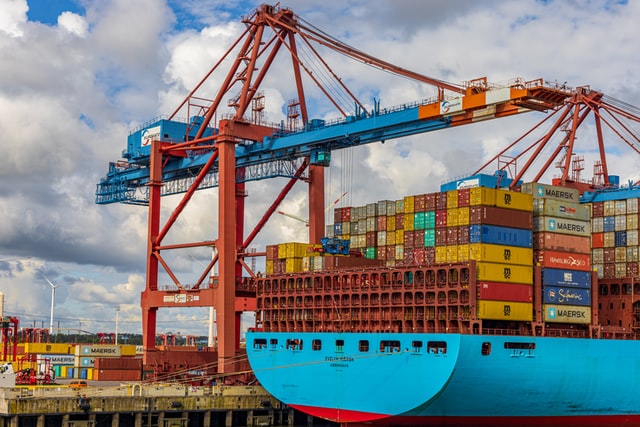Many people believe that socialism is the best economic system because it supports equality and democracy. Others say that socialist countries have a bad economy because of how they distribute wealth and resources. This blog post will explore both sides of the argument to see whether socialist countries have a good economy.
What is a Socialist country?
Wikipedia states that a socialist is a “sovereign state in which everyone in the society owns factors of production” [Source]. The listed factors of production are labor, capital goods, natural resources, and entrepreneurship.
In a socialist state, “Everyone receives a share of the production based on their individual needs. Most things aren’t bought with money because they are distributed based on needs rather than means. If a person wished to have more goods, they to find a way for that to become one of their basic needs”.
Socialist nations use national resources to meet both individual and social needs. The essential social requirements include Education, healthcare, national security, transportation, environmental preservation, catering for vulnerable populations such as children, elders, and persons with disabilities. Taking care of the public is usually the primary duty of an established government.
The government or state is chosen through democratic elections and granted the power to influence how wealth is produced and distributed.
Are Socialist countries poor?
As opposed to popular theory, socialist countries do show visible socialist traits. Still, a lot of them are not fully socialist.
In a Socialist country, the state is required to “redistribute wealth and reduce the gap between the poor and wealthy [Source],” resulting in citizens having a fair amount of money. But, it is argued that most nations referred to as socialist countries do not have a “pure” socialist system. They carry a hybrid approach in which the socialist stance is mixed with other political, social, and economic models.
Hybrid systems such as Democratic Socialism, Liberal Socialism, Religious Socialism, and others are backed up by a capitalist system in Europe. A mixed bag of these models ensures that the socialist countries are not poor and have a viable economy. Cuba, China, and North Korea have “strong elements of socialist market economies,” and these are not poor countries. China has one of the biggest economies, putting American businesses in direct competition.
Socialist countries in Europe
Popular socialist countries in Europe include Denmark, Iceland, Finland, Netherlands, Canada, Sweden, Norway, Ireland, New Zealand, and Belgium [Source].
Is Denmark Socialist?
Denmark is classified as a socialist state [Source] due to many reasons. The most notable distinction is that Denmark has a vast welfare system that assists individuals in obtaining a decent living. It boasts a social safety net, which has helped create the second-smallest gap between rich people and the rest of society. [Source]. “Denmark’s comprehensive social welfare system offers unemployment, disability, old-age, and survivorship benefits at virtually no charges to all Danes” [Source] according to the Guardian. The Danish constitution says, “Any individual who cannot support himself or his dependents will be entitled to public assistance.”
It became a socialist state because of the ‘public’ programs like free education and compulsory education for children aged 7 to 16. Also, it has high taxes, propagates for equality, and allows small businesses to thrive. These are all features of socialism being used in Denmark.
Is Sweden a Socialist country?
Sweden qualifies to be called a socialist country because of certain socialist aspects it exhibits. For instance, Sweden has an extensive welfare system designed to cater to the public [Source]. It is posited that “The Swedish social assistance consists of two parts – a subsistence allowance (forsorjningsstod) and financial support (bistand) for day-to-day expenses. The subsistence benefit covers the household’s fixed expenses [Source], and the “other financial assistance is to cover costs that arise from time to time.”
Also, the Swedish government controls pillars of the economy that are responsible for production. Sweden has one of the highest living standards globally, with most individuals enjoying a pleasant way of life.
Richest socialist countries
Insider monkey gave a run-down of 15 socialist countries, which succeeded. These countries are rated among the richest in the world [Source]. From number one to five, the top five nations include Sweden, Denmark, Finland, Norway, and Iceland. The countries in this category have economies that have guided developing nations who wish to emulate them. The list also includes Belgium, Iceland, and the Netherlands, which all have thriving economies and tend to have a fair share of the world’s wealth.
China is one of the wealthiest socialist nations. It is said that “Life in Communist China is more laid-back than life in capitalist countries like the United States.” [Source].







































